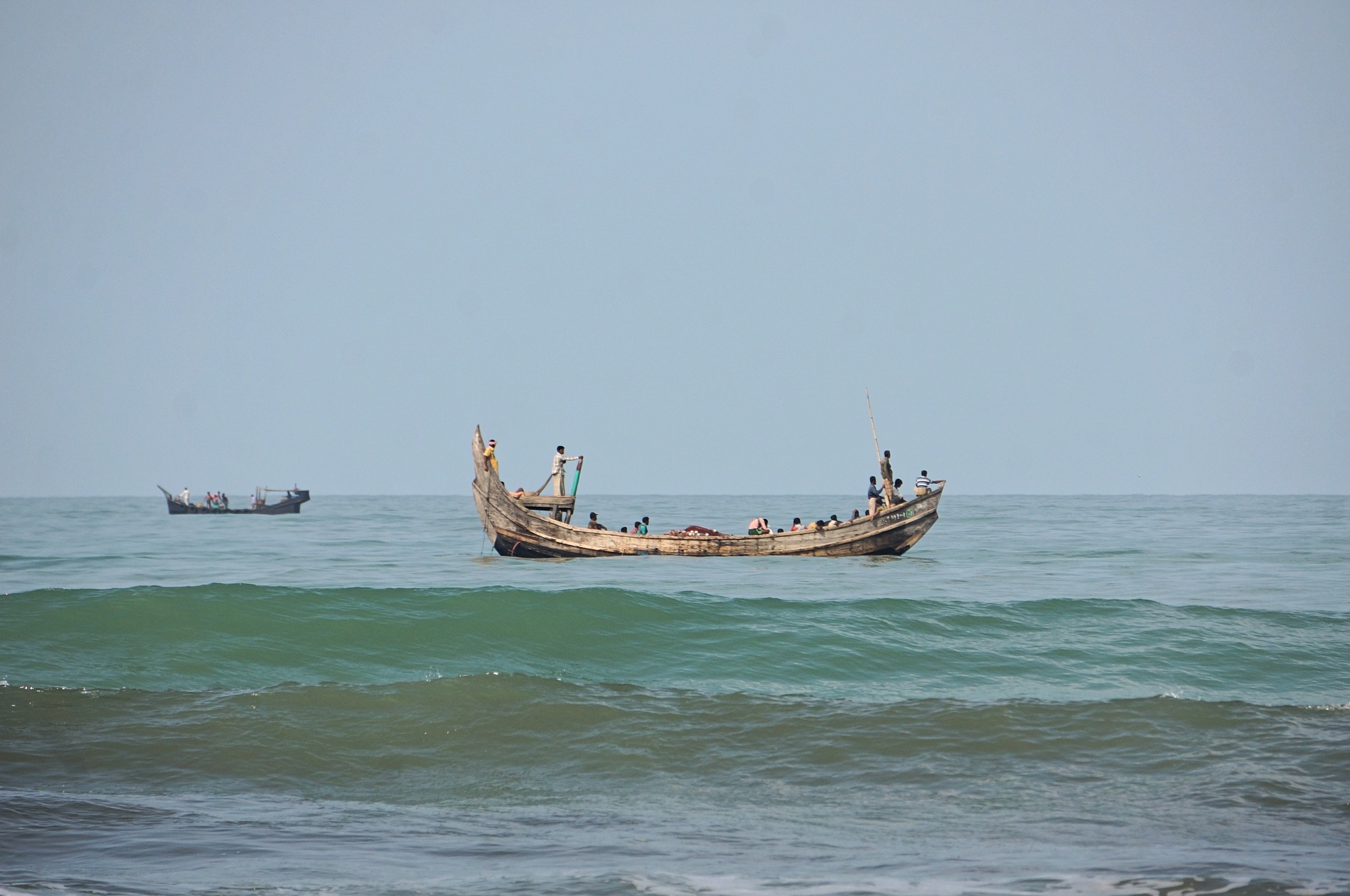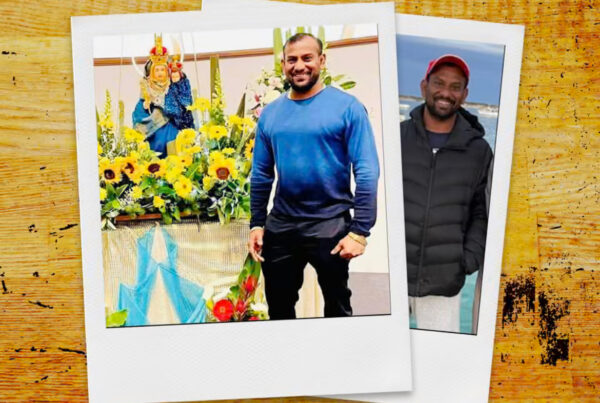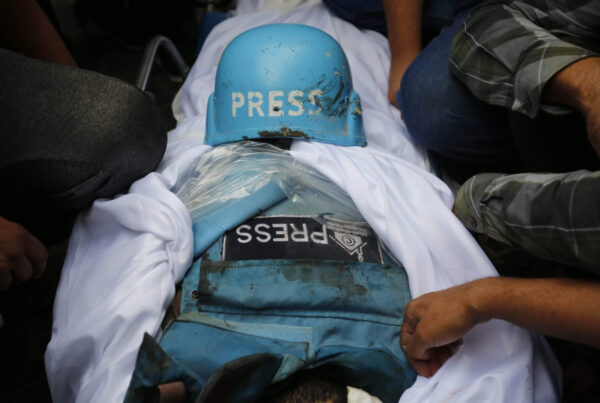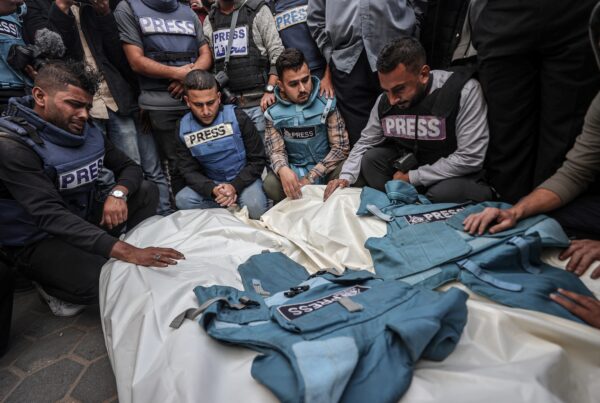This article was first published by Huffington Post.
A balding man in his fifties sits in front of me with a shy smile and a subservient manner. He refers to me as Sir even though we are friends. I call him by his name, Nasir. He has just been released from detention and he looks lost. It seems to me he is holding back panic at the corner of his eyes; as if he is drowning and he knows he cannot stop the water from entering his mouth.
I am in Sittwe in the Rhakine State in north-west Burma. Sinewy, old men struggle down streets on rusted bicycles with a wooden side cart attached to one side: one seat facing forwards and another backwards. Side carts are occupied by women holding floral umbrellas. Pick-up trucks act as taxis and families ride scooters. Men tie long pieces of material called longis around their waist and wear sandals. The longi is usually accompanied by a collared shirt. Women dress conservatively despite the heat. Men and women alike hoick spit as the need arises. People throw their rubbish in the street. Boats dock at rubbish dump wharfs, sand no longer visible beneath Coca Cola cans, plastic bags and non-degradable filth. People use squat toilets. Just out of the centre of town there is a large golden Buddhist pagoda that glistens in the sun. In the centre of town there is an abandoned mosque, overgrown and dirty, cordoned off from the public by barbed wire barriers and Burmese soldiers. I can’t see any Muslims in the streets of Sittwe. They have been restricted to one quarter, called Aung Mingala, and internally displaced people’s (IDPs) camps. This is Nasir’s home.
I give Nasir a phone number and address for a local doctor in Lakemba. He nods his head slowly but his demeanour is one of confusion. I realise that he is illiterate. I show him a Sydney city rail map but he has no idea what it means. I circle Eastwood, the station where my home is, and Lakemba, the station closest to where he is living. I count the stops for him because I am unsure if he will be able to recognise the names. I explain that he must change trains at Redfern. I then write down for him the number of the bus he must take to get home. At the very least he might be able to show it to people. Even though he has made the journey to Eastwood, I am worried he won’t make it home to Lakemba.
Nasir identifies as a Rohingya, an ethnic group who claim heritage in the Rhakine state of Burma. It is a heritage the Burmese government dispute and are actively trying to discredit. The Rohingya people have had their Burmese citizenship revoked and are facing ongoing discrimination and violence in the country at the hands of the local majority population, the Buddhist Arakanese. The anti-Muslim movement has been led by extremist monks. It’s not hard to find stickers for the group on doors of shops and homes in Sittwe, and the Burmese government has been accused of complicity in the violence and fuelling the ethnic tension. There have been a number of violent flashpoints between the two ethnicities over the last 60 years, the latest being in 2012 when machete-wielding Arakanese mobs attacked Rohingya villages. It is usually the Rohingya people who are forced to flee from the Arakanese. There are many Rohingya people stuck in IDP camps; many others escape across the border to Bangladesh where they face more discrimination.
‘Are you happy in Australia?’ I ask Nasir.
‘Nobody is trying to kill me here,’ he says quietly.
In Aung Mingala, the Muslim quarter of Sittwe, I am taken to a mosque and shown the graves of Rohingya people who were murdered in the 2012 violence. The men motion sweeping machete cuts to their throats.
The IDP camps of Boomey and beyond are located in dry fields next to the airport. People are restricted from working and from studying. They can’t leave the camps and rely on savings, on remittance, or on aid to survive. They have been in the camps for three years now and they don’t know what has happened to their homes and their land. In the official IDP camps international NGOs are allowed to assist the people. I sit in a bamboo-thatched classroom and a child is drawing a picture of a soldier with a gun.
Nasir is staying with a friend in Lakemba: another Rohingya man who came a year before him. It is a temporary arrangement and he will need to find a rental property soon. He receives roughly $500 per fortnight from the government which is to pay for his public transport, food, toiletries, utilities, and rent. The return train and bus fares to come to my house cost him $15. He does not have the right to work. As he is illiterate he cannot complete rental applications and attend rental inspections without assistance. The cost to visit an inspection eats into his fortnightly budget. His personal reference for the applications is his case manager. He will have no rental history and rent will account for half of his fortnightly income, if we are lucky enough to find somewhere cheap. Generally the types of properties at this price are dirty, dilapidated, located far from public transport, and have been on the market for a while. He will move into that property with no furniture, no fridge, no washing machine, although for him that is not so different from his past life. In Rohingya houses in Burma, electrical items like fridges are a luxury reserved for the wealthy.
There is no resettlement program for those IDPs in Burma. They may eventually be allowed to return to their homes but they will wonder if the violence will ever stop. If they had fled to Bangladesh there are just as few opportunities for them. The Bangladesh government stopped the UNHCR resettlement program in 2010 as a deterrence method to try to stop Rohingya people fleeing across their borders. There are thousands of Rohingyas in dusty camps in Bangladesh waiting for nothing. For those who have the money, the boats are the only option.
When I look at Nasir I feel pity and sorrow. How will this illiterate, wreck of a man survive in Australia? Yet, he is here in my home. He has made it from Lakemba to Eastwood. He has made it from a detention centre to Lakemba. He has made it from Indonesia to Australia, from Malaysia to Indonesia, and from Burma to Malaysia. There is resilience there. Determination. An instinct for survival. There must be. And I wonder what would have happened to this man if he’d waited for someone to come save him.
This article is based on the author’s impressions and experiences based on fieldwork and discussions with Rohingya refugees. Potentially identifying facts or details of asylum seekers have been altered to ensure anonymity.



